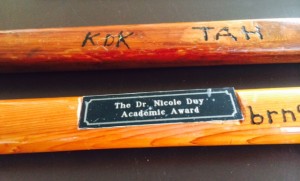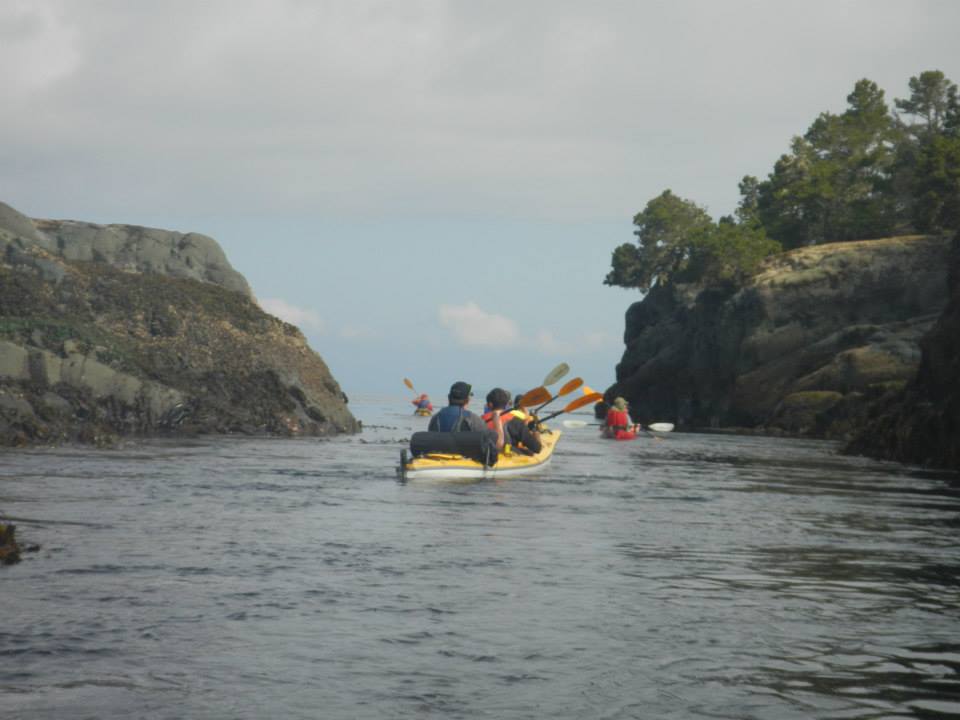I have been a volunteer with Take A Hike in Vancouver, BC, since 2010. Take A Hike (TAH) is an adventure based alternative high school that equips at-risk youth to transform their lives. I arrived at TAH with nearly a decade of experience teaching English literature at the post-secondary level, comfortable and confident in my teaching philosophy. My first afternoon at TAH, a student threw a chair across the classroom and stormed out, hurling curses as he left. As I stood by, silently stunned, the classroom teacher quickly settled the classroom; gave the frustrated student a few moments alone outside; then left the class to meet with the student, leaving the classroom therapist in charge of the remaining students. Such occurrences, I soon came to learn, were all too common as TAH students struggled with challenges such as addiction, trauma, violence, and emotional regulation. Nothing in my experience had equipped me to respond to these students and the pedagogical paradigms that had previously sustained me proved woefully inadequate. During the months and years to come, my role in the classroom became more defined, including encouraging to students to stay on task with assignments, helping teach English literature, and participating in kayak expeditions . The experience of that first day remained with me, however, shaping how I think of students, the classroom, and my role as an educator.
Not every student can thrive in a mainstream classroom. Most students at TAH have already left other alternative schools and have come to associate learning with failure and frustration. For these students, to learn is to take a risk. I have come to believe that TAH students are analogous to all learners—whether at-risk youth or scholarship students—who must become vulnerable and risk mistakes in order to learn. As an educator, I strive to create a person-centred environment where students feel free to risk learning.

In recognition of my time as a volunteer, in 2015 Take A Hike created the Dr. Nicole Duy Academic Award, given annually to a graduating student.
In recognizing that that learning is a risk, I strive to create safe environments where students feel free to take that risk. This environment happens, in part, when students know that the classroom is a place where their lives are respectfully represented. When I taught literature during my practicum, for instance, I selected works that reflected the social, cultural. social, and economic diversity of my students. Similarly, I sought to avoid works that depicted deficit models of poverty, behaviour challenges, sexual orientation and gender identity, and family composition. By providing an inclusive and respectful classroom environment, I hope to create a space where student can feel safe and where relationships can develop. These relationships were vital at TAH, where learning became possible only after students trusted that I was invested in their success both inside and outside of the classroom.
If, as an educator, I am asking students to risk learning, I must be prepared to take the same risk, both in my pedagogy and in my professional development. Only then can I truly empathise with the challenges and vulnerability faced by those whom I seek to teach. Although during the course of my B.Ed. I have taught students ranging from kindergarten to grade 12 Mini-school students. some of my most valuable pedagogical lessons remain from my time as a volunteer at TAH, where I watched gifted teachers and therapists deftly engage at-risk youth. And I, who had spent over a decade of my life in post-secondary institutions, realized that success in school can be variously measured. For some students, it is measured by a diploma leading to university; for others, it is the diploma itself; and for some, it is getting through the day without cursing the teacher and throwing a chair across the room.

As a volunteer with Take a Hike, I participated in adventure based learning. In 2014, I accompanied students and staff on a kayak expedition to Johnstone Strait.
